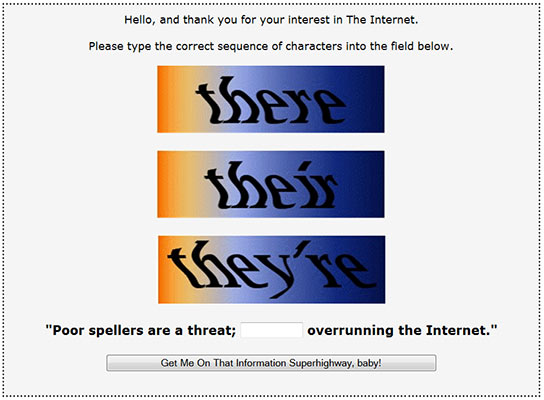One of the main ways for foreigners to come work in Japan is as teachers of English as a Second Language (ESL), which I did for several years before founding J-List. While speaking your native language for a job sounds easy, in practice it was quite challenging. I graduated from SDSU with a minor in linguistics and a “theory and practice of teaching ESL certificate,” and even I ran into trouble when a particularly motivated student wanted to know “why” a certain sentence could work with an infinitive verb while others required a gerund instead. While Japanese like learning from native English speakers, they’re often shocked when they learn their sensei often has less conscious knowledge of English grammar than they do, or when he can’t spell a word correctly, or (gasp!) when he makes a there-their-they’re error on the blackboard only to be corrected by a student. I was terrified of letting my students down, and spent many hours studying English grammar as the Japanese do — more or less like a mathematic framework built into English rather than part of a living, evolving system — and hopefully did okay by them.

Japanese can’t believe that we don’t know everything about English.















